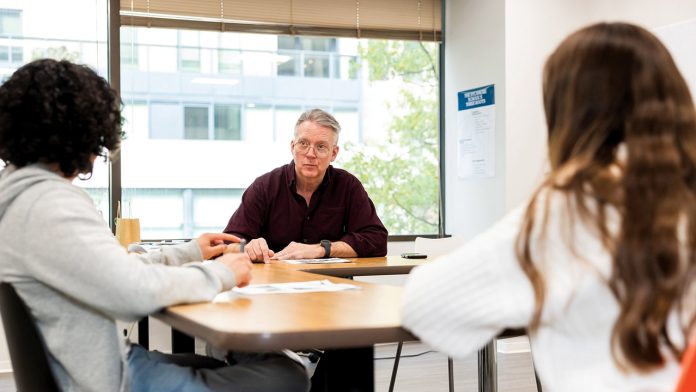What’s in a Label? Why a Proper Diagnosis Matters for Children.

As both a clinician and head of school, parents often ask me about mental health assessments and diagnoses. Many are reluctant to “put a label” on their child, worried that they’ll be defined by a diagnosis and treated differently.
I like to flip that script.
I’ve found that the children struggling the most are often those without answers. When children don’t understand why being them feels so difficult, it often leads to isolation and feelings of inferiority.
A proper diagnosis doesn’t create problems; it explains them.
When we finally understand why a child’s brain works differently, everyone’s perspective shifts. The child stops wondering what’s “wrong” with them. Parents move from frustration to advocacy. And teachers can adjust expectations appropriately. Instead of assuming defiance, they are able to offer support better suited to the child’s needs so they can become their best selves.
Take autism, for example. Many families cringe at the word, but what they’re missing is that, without a diagnosis, behaviors get misinterpreted. That brutally honest comment might be considered rude. Fleeing a noisy cafeteria? You’re not following directions.
But life doesn’t need to be this hard. With a proper diagnosis comes clarity and compassion. Suddenly, the same behaviors make perfect sense—the student might even learn they’ve had hidden superpowers all along. Now the door is open for appropriate treatment and accommodations, giving them a chance to thrive.
Sure, it’s a process and it will take time. But for a child who’s been struggling to understand themselves, a diagnosis can be life-changing, not as a limitation, but as a path toward flourishing.
Karyn is a licensed clinical psychologist with over 20 years of experience in public and private schools. She is the founder and head of The Sycamore School, an independent nonprofit secondary school in Arlington, VA, offering personalized, experiential learning that connects academics to real life. She earned degrees in psychology from Vanderbilt and American University, as well as a doctorate from the California School of Professional Psychology. A native Arlingtonian and Leadership Arlington alum, Karyn has published, presented and led seminars on executive functioning, conflict resolution, ADHD, autism, anxiety and more. She is especially passionate about supporting students with learning differences.
